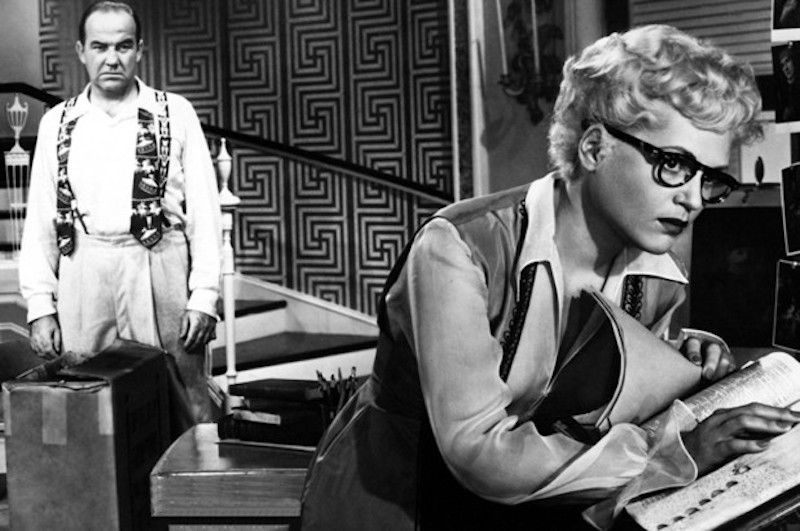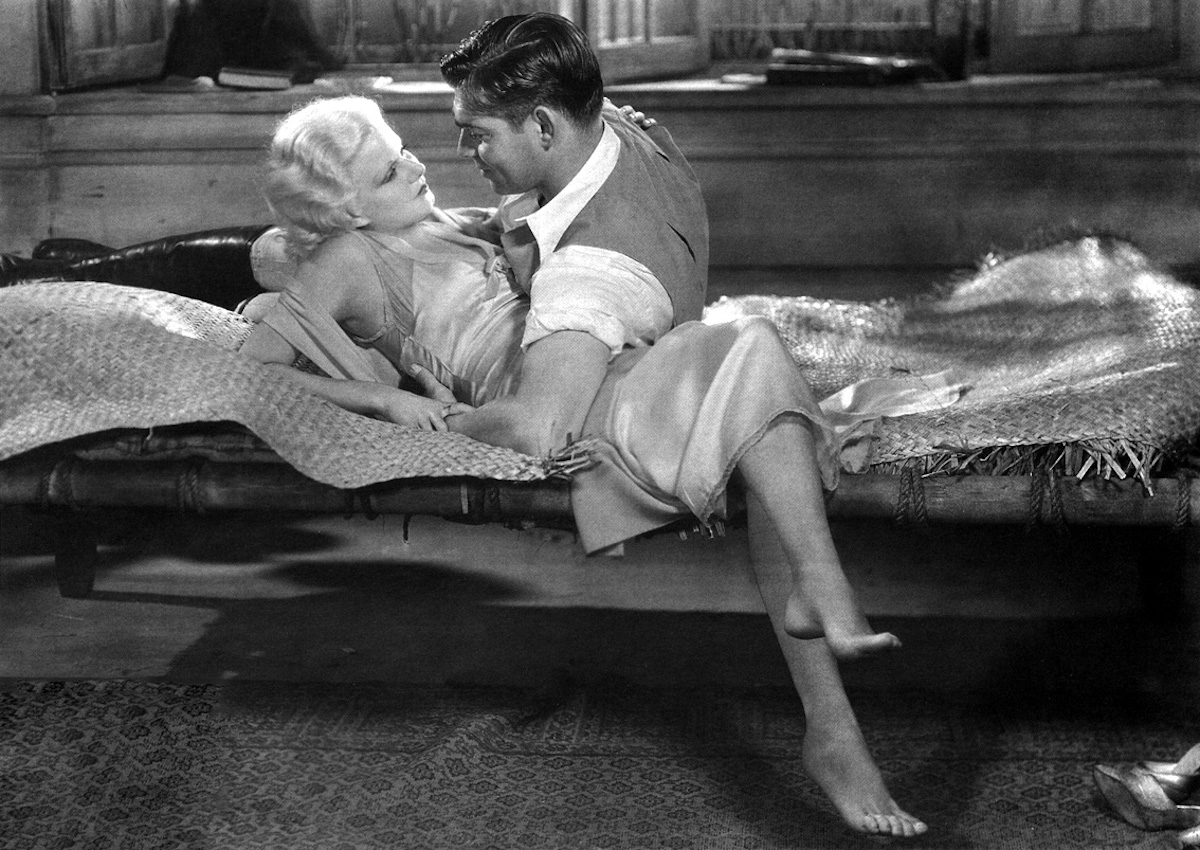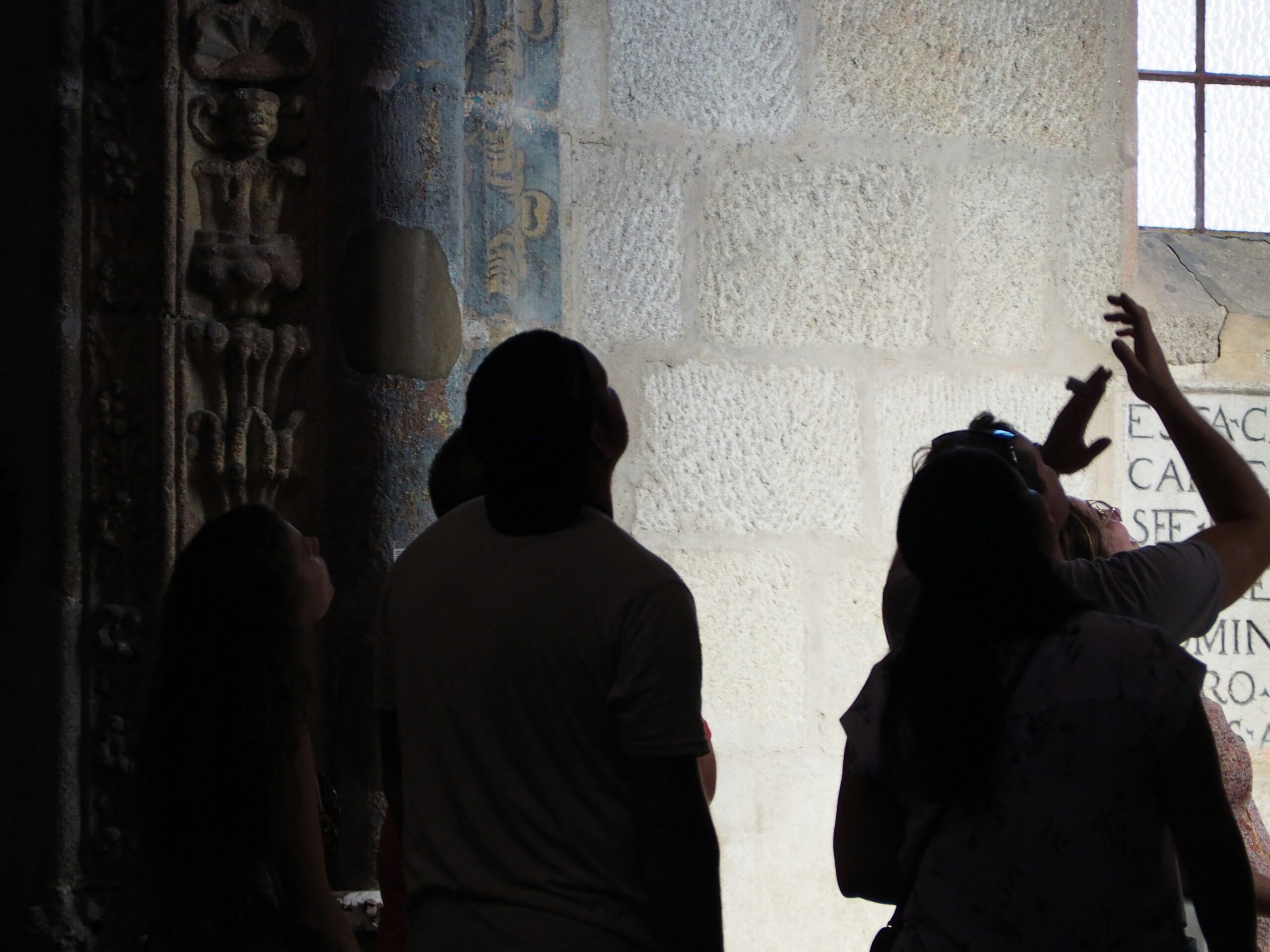Last March and April, 79 dissidents in Cuba were rounded up and tried on charges of treason for conspiring with the United States to overthrow the government of Fidel Castro. Most of the dissidents were sentenced to between 6 and 28 years in prison. In Castro’s own words, “We are now immersed in a battle against provocations that are trying to move us toward conflict and military aggression by the United States. We have been defending ourselves for 44 years and have always been willing to fight until the end.”
Some of these dissidents were academics. Some were journalists. Some were librarians. Or—correction: they ran private “libraries” in their homes.
The dissidents have been imprisoned in locations distant from their families. Some have been held in solitary confinement for extended periods of time. According to Amnesty International, when one prisoner, journalist Víctor Rolando Arroyo Carmona, complained about how he was being treated, “he was reportedly dragged to the floor by three prison guards and beaten on the face and body. Guards allegedly trapped his leg in a door to immobilize him during the beating.” Many of the prisoners are reportedly seriously ill. Nat Hentoff has written a number of columns on the subject of these dissidents, including 10 private librarians, for the Village Voice. They are essential reading.
One US librarian wrote to the Village Voice, “Many of us disdain the idea that our cherished professional values should be enlisted in the service of the wrong-headed and provocative foreign policy of our own government.” This is an allusion to the suspicion that many of the imprisoned librarians were not only not professional librarians, which admittedly none are, but were dupes or operatives of the US government’s ongoing efforts to get rid of Castro.
José Luis García Paneque, a plastic surgeon who directed a private library and engaged in dissident activities in Las Tunas, was sentenced to 24 years imprisonment and sent to Villa Clara Provincial Prison. According to Amnesty International, “García reportedly suffers from claustrophobia. Reports received in October 2003 indicated that he may have been suffering increased mental distress at his confinement.”
Ricardo Severino Gonzélez Alfonso, a correspondent for the organization Reporters without Borders who ran a private library in his home in Havana, was sentenced to 20 years and sent to a prison in Camagüey Province. Gonzélez Alfonso staged a hunger strike and was placed in a “punishment cell” for 10 days.
Leonel Grave de Peralta Almenares, who ran a private library called “Bartolomé Masso” library in his hometown of Juan Antonio Mella, was sentenced to 20 years and sent to a prison in Pinar del Río.
Iván Hernández Carrillo, who is a journalist and ran a private library in his hometown of Colón, was sentenced to 25 years and sent to Holguín Provincial Prison. He protested prison conditions in October and was placed in a “punishment cell,” upon which he began a hunger strike.
José Ubaldo Izquierdo Hernández, who ran the private “Sebastián Arcos Bergnes” library in his hometown of Güines, was sentenced to 16 years and sent to a prison in Pinar del Río. According to Amnesty International, “In June 2003, it was reported that … Ubaldo Izquierdo fell while handcuffed, requiring nine stitches in his head and treatment for two wrist fractures. He was transferred to the Provincial Hospital in Pinar del Río.”
Julio Antonio Valdés Guevara, director of the private library of the opposition group Unión de Activistas y Opositores “Golfo de Guacanayabo” (Manzanillo, Granma Province), was sentenced to 20 years imprisonment and sent to Ciego de Avila Provincial Prison. According to Amnesty International, “Valdés is believed to be suffering from kidney disease, and is said to be in need of a transplant. In addition, he reportedly has dizzy spells and high blood pressure. Due to his ill health he was apparently transferred in January 2004 to Salvador Allende Hospital, known as ‘La Covadonga,’ in Havana city. There is no further information available on the state of his health.”
I am fully aware of the history between the Castro regime and successive US administrations since Kennedy. I am also fully aware that there are people with influence and money, many of them who live in Florida and have intimate links with the US government, who would like nothing more than to find any pretext to take Castro out. I am opposed to the US embargo against Cuba.
But I have read some of the most bend-over-backward rationalizations I have ever read in defense of the Castro regime’s acts against these dissidents, including claptrap that should make any intelligent, thinking person blush.
Many of the defenses are in the vein of, “Well, they aren’t really librarians anyway, and even if they were, they wouldn’t be in prison if it weren’t for the US’s blockade against Cuba.”
Once again, the argument is: These are US-funded dissidents, not real librarians. So we should do nothing. They are getting what they deserve.
This strikes me as a completely absurd response to what is obviously a fierce and inhumane crackdown against prisoners of conscience.
Amnesty International has come out strongly against these crimes by the Castro regime and written several detailed reports on the prisoners’ conditions. So has Reporters without Borders.
What more does any self-respecting progressive need to see to realize that these are prisoners of conscience?
After the way the Cuban regime harassed and imprisoned Reinaldo Arenas in the 1970s, I have absolutely no romantic illusions about the unseen glories of Castro’s Cuba.
I don’t care whether these dissidents were professionally credentialed and trained librarians. I don’t care whether they have been approved and stamped by the Asociación Cubana de Bibliotecarios. I don’t care whether their “libraries” were nothing more than a couple of shelves of dusty books in their apartments with a sign calling them a “library” thrown up in front of them. I don’t care whether the dissidents were US spies in training. Castro’s imprisoning them and subjecting them to human rights violations is dead wrong.
That the ALA has done next to nothing in the dissidents’ defense seems, to say the least, problematic, given the ALA’s stated value of “commitment to intellectual freedom and access to information.”
The ALA governing council has expressed “deep concern” about the situation—nothing more. Hentoff himself has renounced an intellectual freedom award that he received from the ALA in 1983.
It is dumbfounding to me that some librarians seem to think that these were well-financed spies living the high life on the CIA’s dime, yet at the same time, they were such idiots that they couldn’t have used some of that funny money to purchase a decent, well-stocked library that would have passed muster as semi-professional in appearance.
Maybe if these people had had a decent acquisition budget, or not spent all their money on bombs, guns, Bibles, and exploding cigars, they could have gotten away with the “librarian” label, but since their “libraries” had nothing more than “four or five dusty shelves of books,” nothing more than what is “typical of [the collection] of any private citizen in the country” (to use one librarian’s description of what she saw), the prisoners aren’t fit to be called anything other than—what?—garden-variety criminals? Standard-issue miscreants?
Is a professional credential now a prerequisite for attention and asylum?
It is amazing to me that some librarians seem to think that in order for the ALA to take a stronger stand against these crimes against dissent in Cuba, the United States government first has to lift its embargo against Castro, and then the dissidents have to get distance MLS degrees from their prison cells.
Because right now they aren’t professional librarians.
So even though they’re being dragged across floors and chained and beaten and thrown into solitary confinement, why pay them any mind? They had it coming.
Of course, it is more than shameful that the US government continues to detain hundreds of “terrorists” at Guantánamo Bay without charge. But don’t get me started on that.











